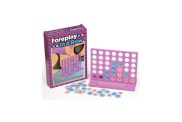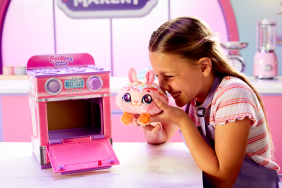We all know that giving kids healthy food supports their development. Likewise, most of us know that play is an important ingredient for raising happy, healthy and well-adjusted individuals. In play, toddlers and preschoolers test out life skills, like language, sharing and task completion. Young children take play very seriously. And so they should.
Research tells us that imaginative play, in particular, is vital to children’s social and cognitive development. When children embody a character, animal or person, they try out new language. They are also engaging and developing theory of mind. Theory of mind is the understanding that other people think differently to you, and is the corner stone of empathy and social interaction. Imaginative play is an opportunity for children to literally walk in another person (or animal’s) shoes and experience what it is to be that character.
Research also tells us that make-believe play can help children develop self-regulation, including delayed gratification and reduced aggression. A child inhabiting another role reacts less impulsively to an emotional situation. The event is not affecting them, after all. It is affecting their character. This understanding gives the child space and time to evaluate an appropriate response.
Imaginative play is an opportunity to test out social skills with other children. Kids experiment with language, and different styles of interaction. For example, in my children’s favourite game of ‘mums and dads’ the girls take turns being the mum, the dad, or the baby. Each role requires a new set of language and interaction skills. A mum, for instance, fusses over her baby, whereas the baby will ask for food, or drink. My girls are encoding observations from their real life, and testing them out within the safe parameters of their game. In doing so, they engage with empathy, and are practicing different ways of talking to different people.
Importantly, imaginative play allows kids to practise and develop flexible, creative thinking, which ultimately contributes to their ability to problem solve. Reality is less static in the imaginative game, so the very act of stepping into another role requires flexible thinking. Reality and fantasy blur, and your child easily moves between the two, with little limitation. One minute they are under the sea, and the next they are in outer space. The limitless scope of the game requires creativity and imagination, which, if utilised in preschool years, contributes to creativity in later years.
Children’s author, Mac Barnett, presents truth and lies as a Venn diagram, and says that the overlap between truth and lies is art. He likens it to a secret door, into another world, like Narnia. As adults, we run towards that door, and enjoy stepping through it. It’s our entertainment, and release from reality. Children easily and readily inhabit that fictional space. Although they know something isn’t quite true, they will act as if it is. And their belief in that fiction is an important part of flexible, creative thinking.
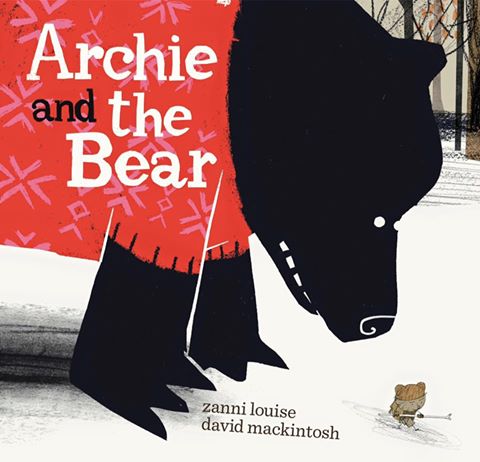
In my latest book, Archie and the Bear, Archie believes he is a bear, though clearly, he is a boy wearing a bear suit. Archie is frustrated no one treats him as a bear. When Archie meets a bear who thinks he is a boy, Archie accepts the bear at face value.
For both Archie and the bear, fiction and reality are blurred. But it does not make Archie or the bear crazy, or untrustworthy. Archie and the bear are simply embodying important preschool functions of imaginative, make-believe play, and in doing so, they cement their friendship.
Accepting, and playing along with our young children’s games validates their experience. It also validates the importance of imaginative play as a cognitive and social function.
Validate by asking questions about the character and the game. Where does this person or animal live? What do they eat? Who are their friends?
Reading books to children, which centre on imaginative play and make-believe, also enhances imaginative thinking and validates your child’s experience. Scroll through my picks in the slideshow to find a book to read to your child.
Pin for later:
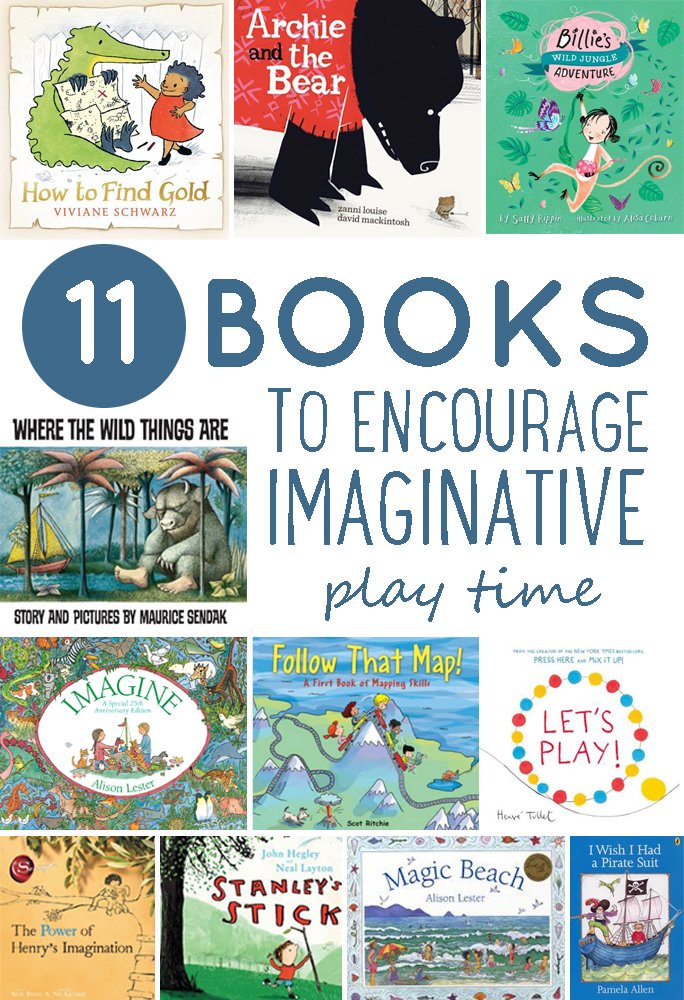
Picture Books for Imaginative Play - AU
-
1. Archie And The Bear, by Zanni Louise and David Mackintosh
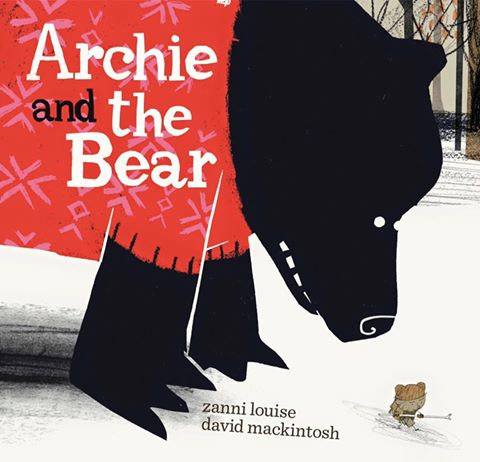
Archie believes he is a bear, though clearly, he is a boy wearing a bear suit. Archie is frustrated no one treats him as a bear. When Archie meets a bear who thinks he is a boy, Archie accepts the bear at face value.
Image: Zanni Louise
-
2. Where The Wild Things Are, by Maurice Sendak
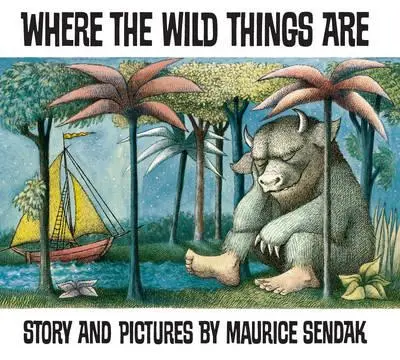
If you haven’t already read this classic tale to your kids, I urge you to pick up a copy today. It’s a classic for a very good reason – it’s irresistible. Max is called a wild thing sent to bed without his dinner, but when a forest grows in Max’s room it’s the start of an adventure to where the real wild things live. This book makes kids believe in their own imagination and is therefore a triumph.
Image: Booktopia
-
3. The Magic Beach, by Alison Lester
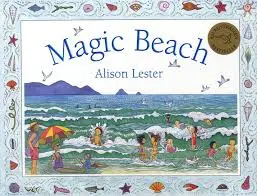
A beach is the perfect place for kids to set their imaginations free and Alison Lester captures that feeling in this book. It mixes reality with an imaginary world (something kids can completely relate to), with a sandcastle becoming a real castle and rockpools becoming the Kingdom of Fishes. Let’s just say that a trip to the beach with the kids will never be the same again…
Image: Booktopia
-
4. Billie's Underwater Adventure, by Sally Rippin
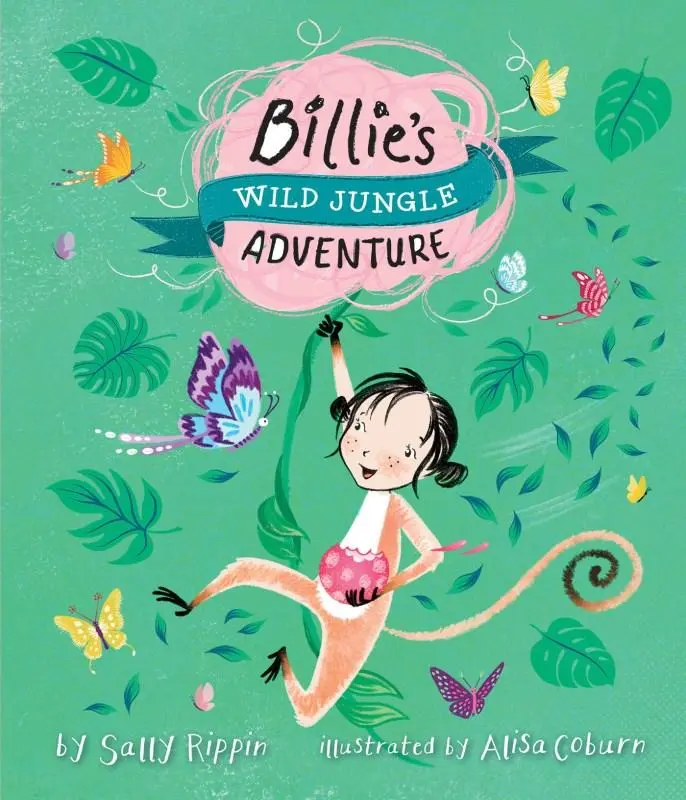
Clever blending of real and imaginary means that kids are immediately drawn into this story. The language is creative and bursting with imagery. It’s a real page turner! It also encourages kids to want to explore new things and be curious about the world around them.
Image: Booktopia
-
5. I Wish I Had A Pirate Suit, by Pamela Allen
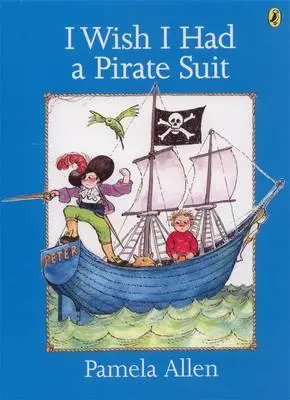
An imaginary pirate ship commandeered by a boy in a powerful pirate suit. What could possibly go wrong? This book is a must for pirate lovers and any child who loves to be carried away by their imagination.
Image: Booktopia
-
6. Let’s Play, by Herve Tullet
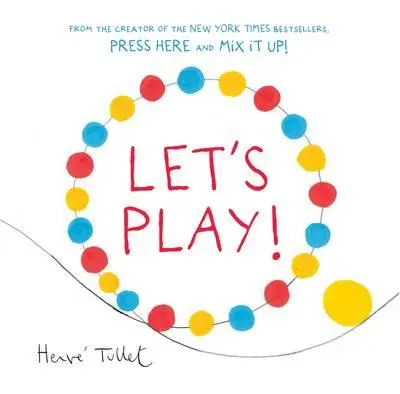
Herve Tullet’s classic books are wonderful fun (think Press Here and Mix it Up!) and his new book is just as good. This one follows a dot on an adventure of colour, surprise and imagination. Kids will be inspired to draw their own dot adventure.
Image: Booktopia
-
7. The Power of Henry’s Imagination, by Skye Byrne and Nic George
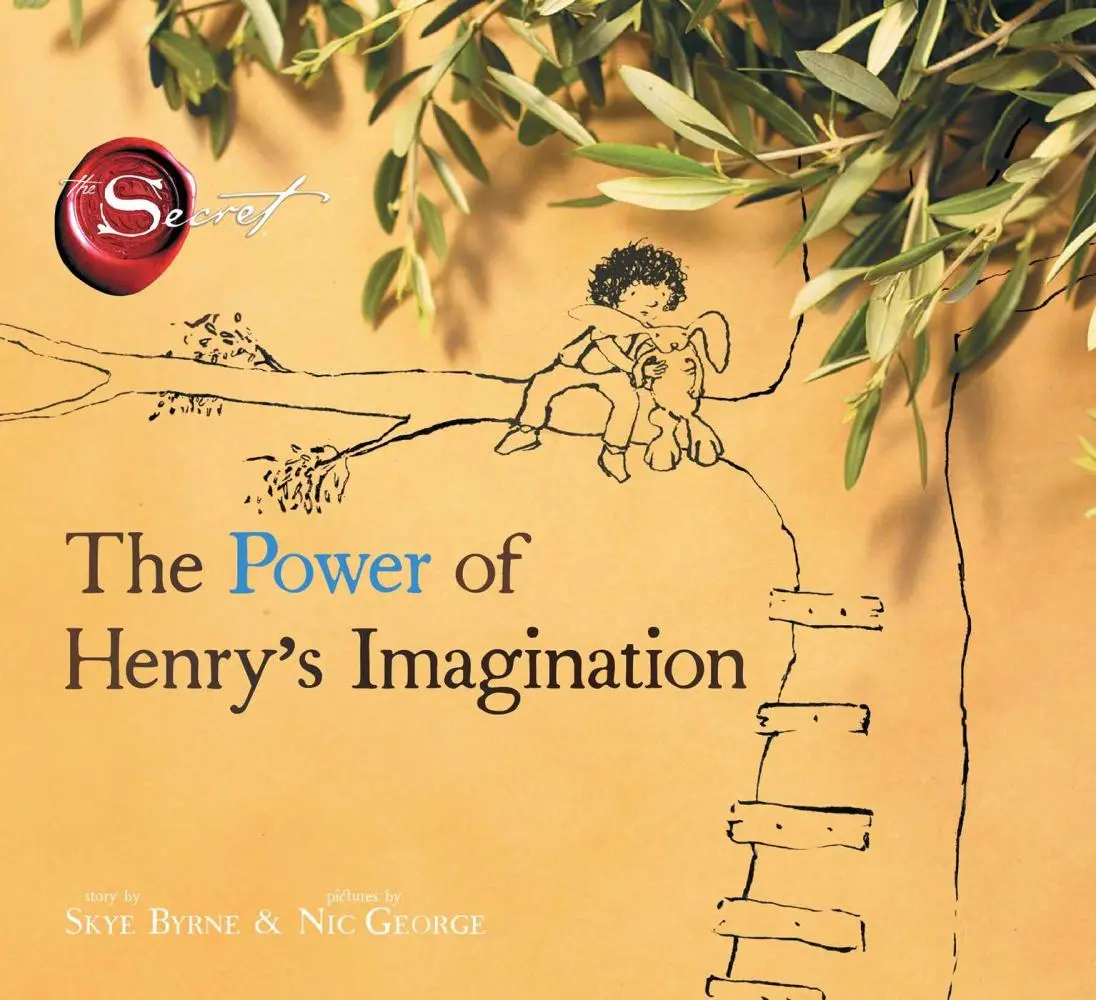
Henry uses his imagination to find Raspberry, his missing stuffed rabbit, in this lovely book about friendship.
Image: Booktopia
-
8. How to Find Gold, by Viviane Schwarz
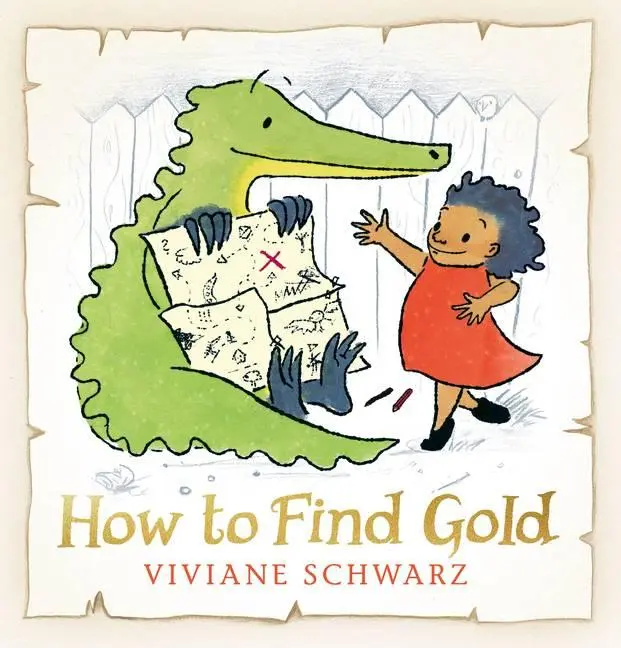
Best friends Anna and Crocodile are on the hunt for gold. But finding gold is harder than they thought. What will the two friends discover instead?
Image: Booktopia
-
9. Stanley’s Stick, by John Hegley and Neal Layton
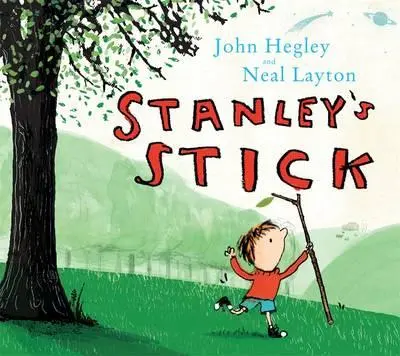
The power of a simple stick should never be underestimated. With his stick, Stanley flies to the moon, writes in the sand, goes fishing, plays a whistle and rides a dinosaur.
Image: Booktopia
-
10. Imagine, by Alison Lester
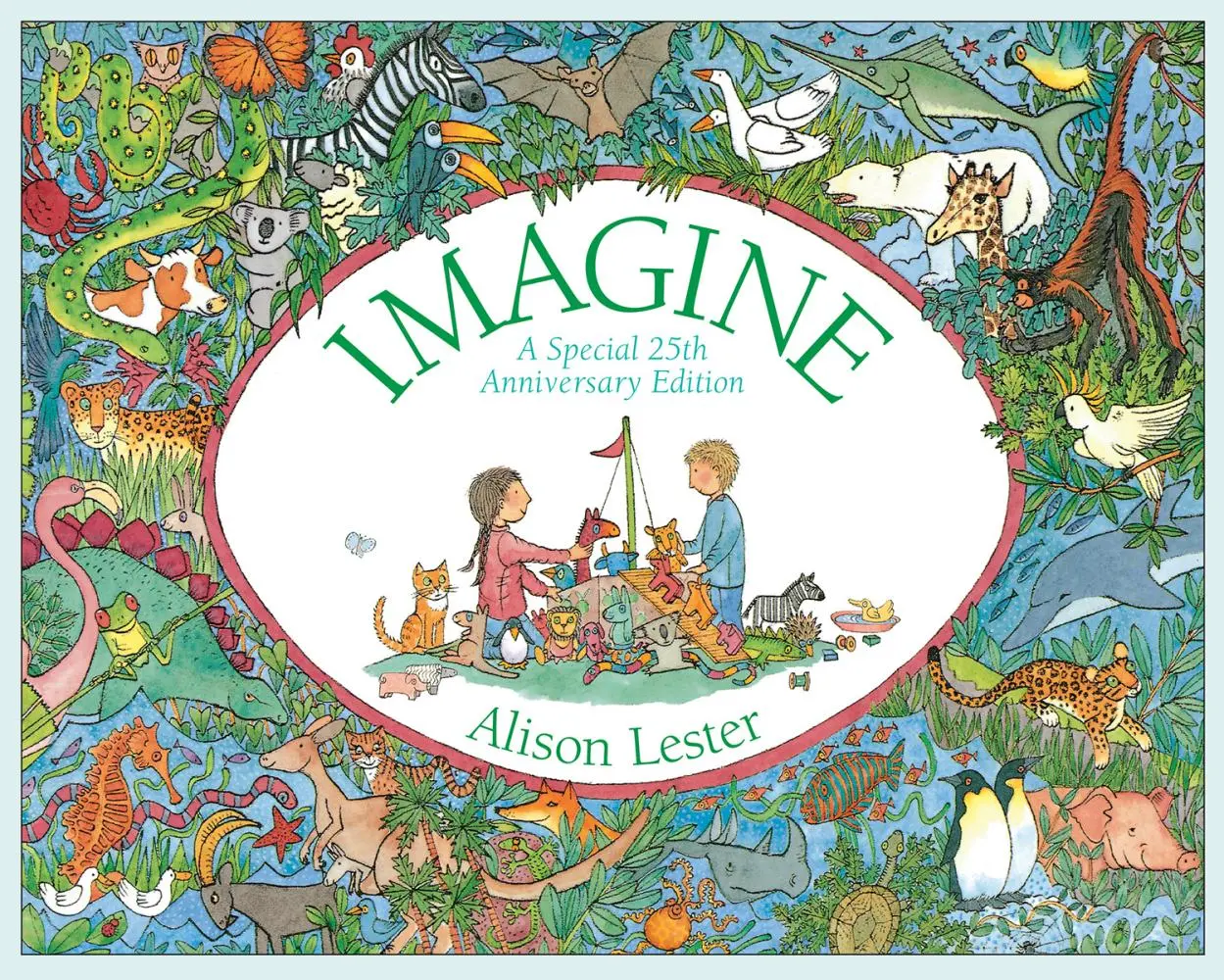
This classic book takes children deep into the jungle, the Australian bush, under the sea and through swamps and snow. The beautiful images encourage kids to recreate the worlds they visit at home.
Image: Booktopia
-
11. Follow That Map, by Scott Ritchie
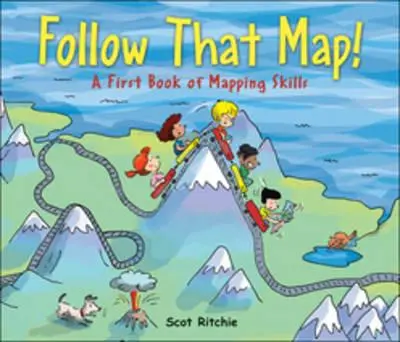
An interactive picture book that demonstrates key mapping concepts, but also helps kids understand and explore their everyday environment. Sally and her friends will take your kids on an adventure as they search for missing pets Max and Ollie.
Image: Booktopia




